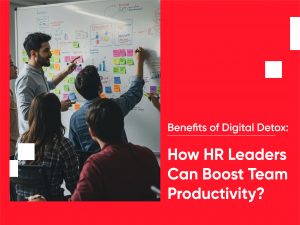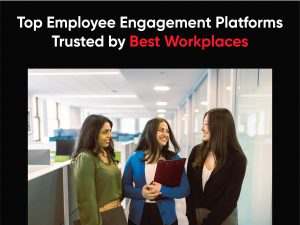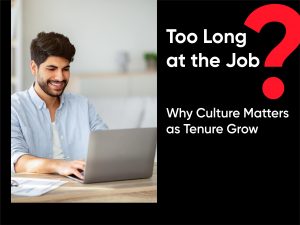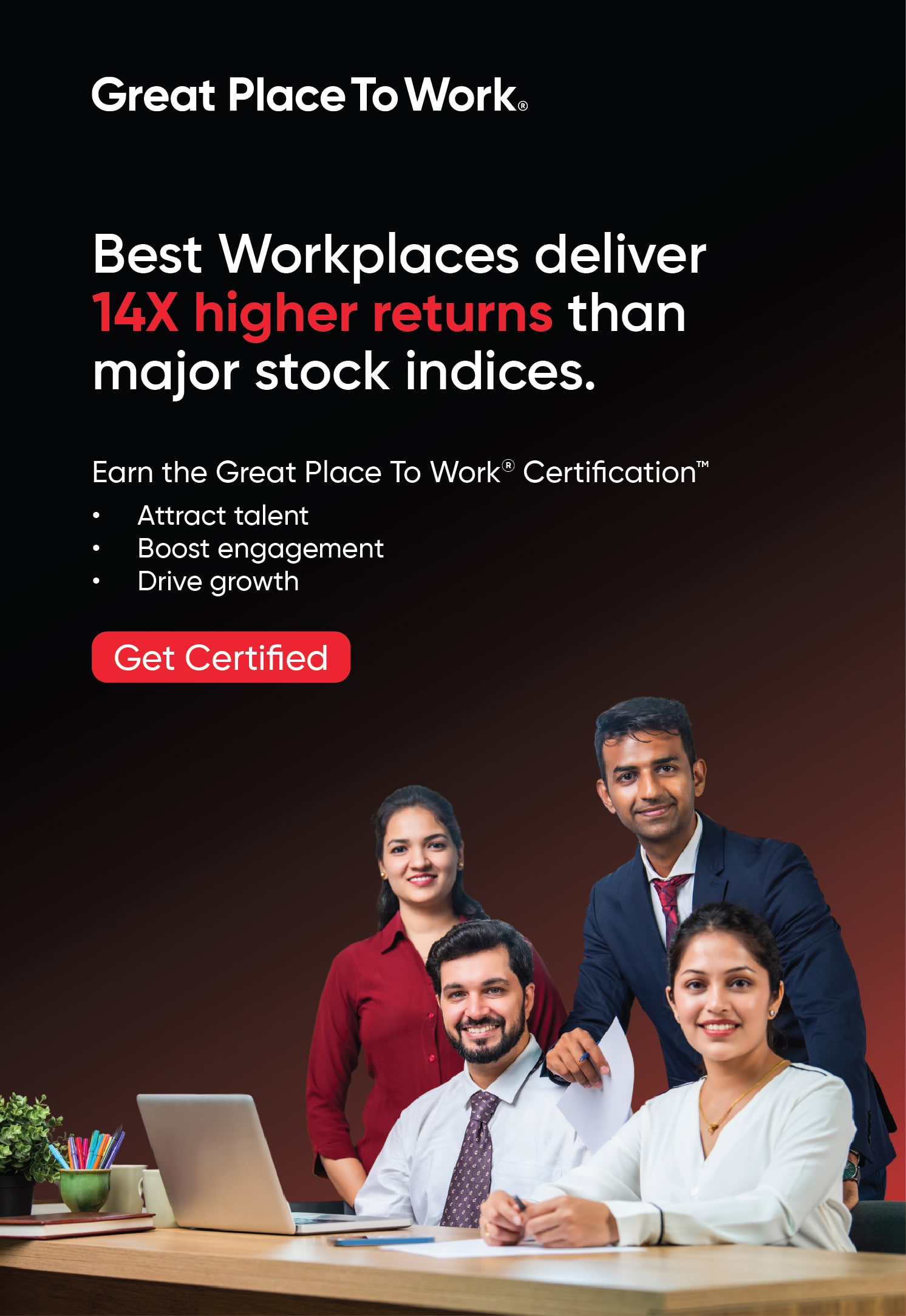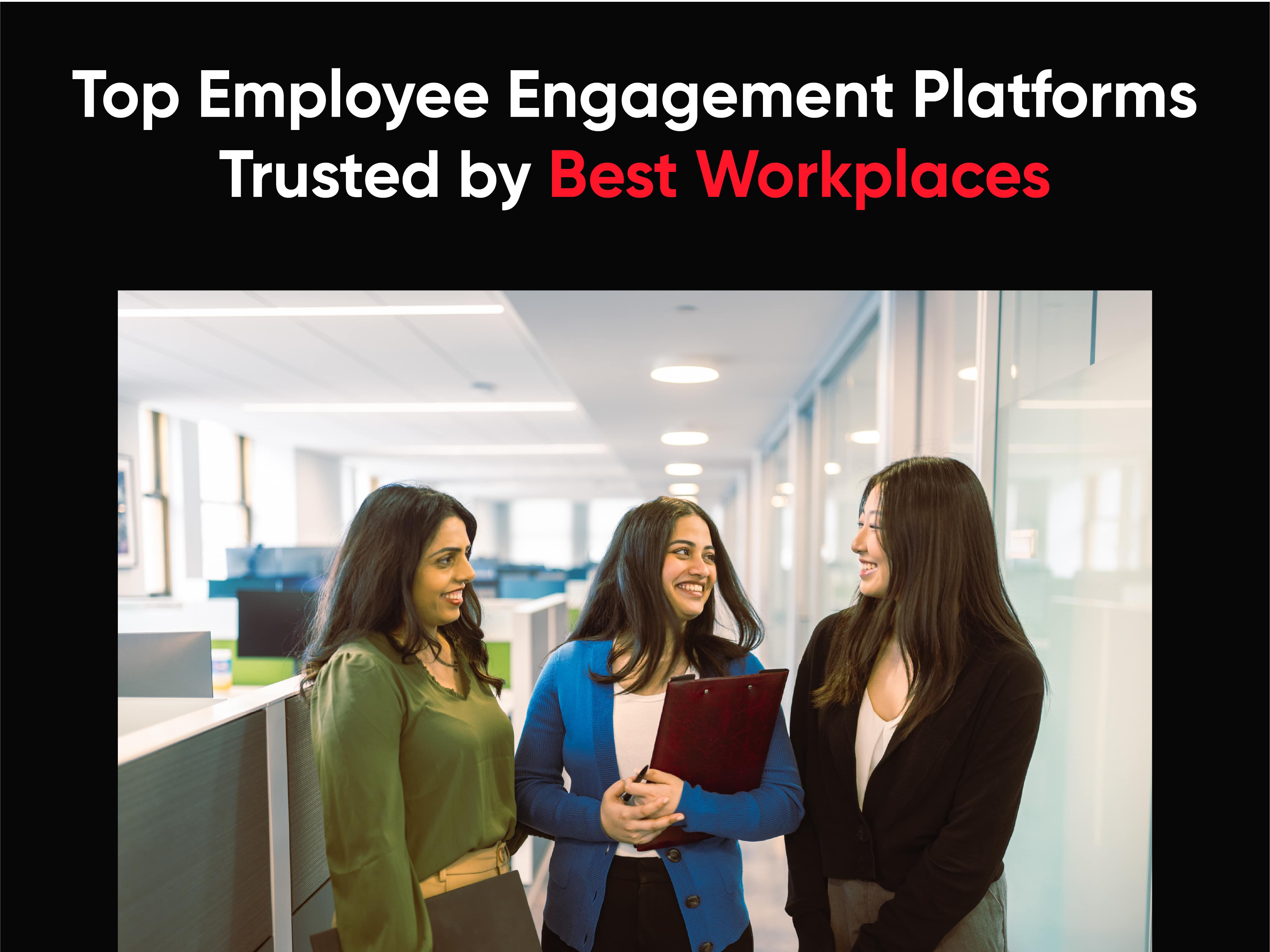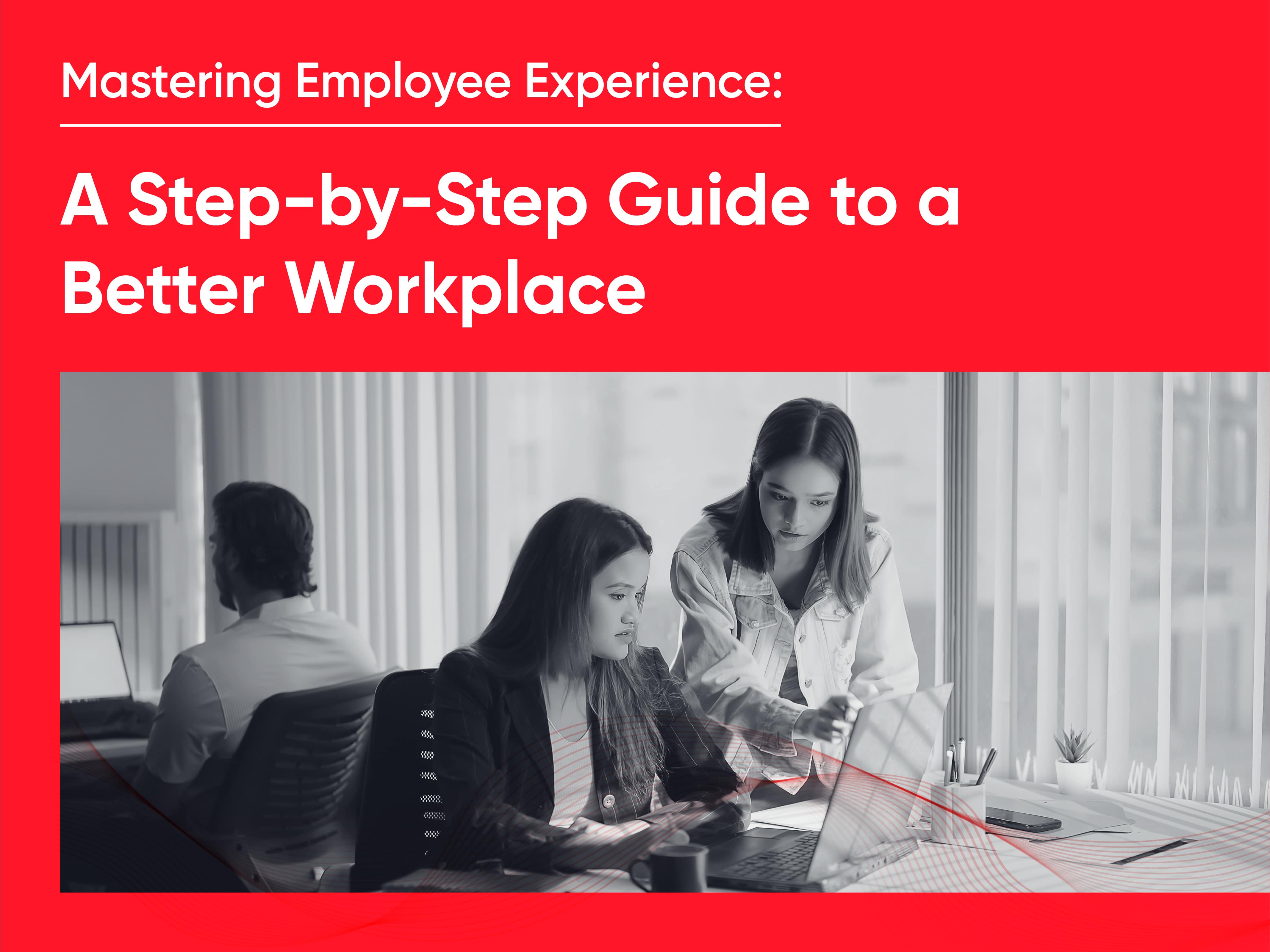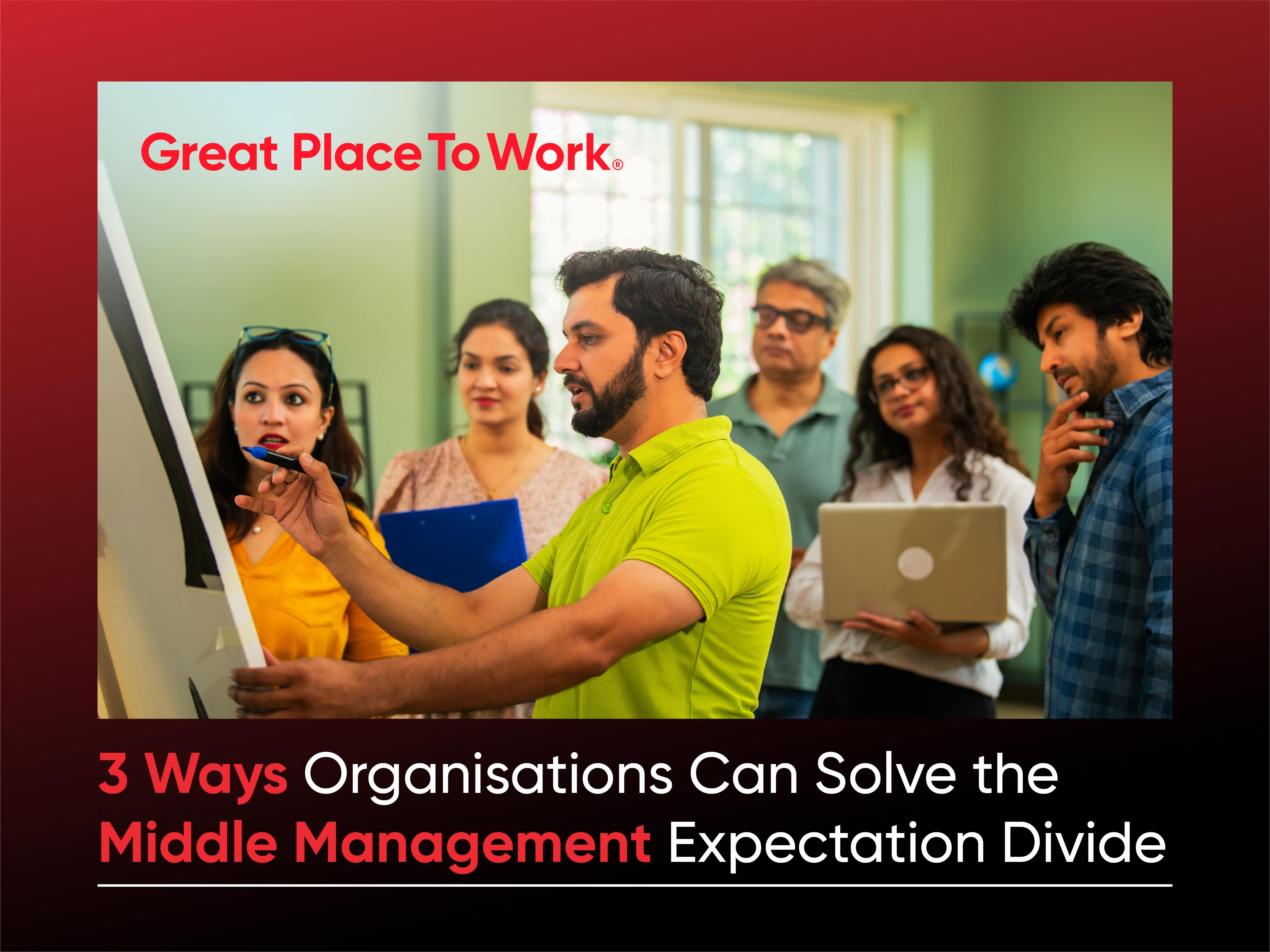Reading Time: 7 minutes
In today’s dynamic workplace, the concept of employee engagement has evolved beyond simple metrics of productivity or job satisfaction. It has become deeply intertwined with how employees perceive themselves in their work environments. Employees no longer see their jobs as merely a means of earning a living. Instead, their work is now an integral part of their lifestyle and identity, blending professional aspirations with personal fulfillment. This shift is reshaping the way organizations think about employee engagement, leading to an increased focus on fostering workplace cultures that align with employees’ evolving values and desires.
The Evolution of Employee Expectations
A significant trend emerging in recent years is that employees are more discerning when choosing where to work. They evaluate whether an organization provides them with not only a solid career trajectory but also a nurturing space for their individual growth and well-being. This shift is driven by several factors: the growing availability of diverse career opportunities, heightened awareness of work-life balance, and the increasing importance of aligning personal values with organizational purposes.
Moreover, employees today are more proactive in seeking workplaces that offer an environment where they can express their authentic selves, develop their skills, and feel genuinely supported. This authenticity is key, as employees who feel safe and empowered to bring their whole selves to work are more likely to be motivated and engaged. Our recent report says that employees who feel they can be their true selves at work are:
- 3.1 times more likely to remain motivated
- 2.4 times more likely to endorse their organization as a great workplace
- 2.3 times more likely to perceive their organization positively
- 2.2 times more likely to remain at the company for a longer duration.

This data also underscores a crucial point: organizations that embrace authenticity and prioritize employee engagement are more likely to create a thriving, motivated workforce. But what does it mean for an organization to truly embrace authenticity?
Authenticity in the Workplace: A Critical Driver of Engagement
Authenticity in the workplace refers to creating an environment where employees feel comfortable being their true selves without the need to conform to rigid expectations or hide their identities. Authenticity is often associated with being able to express personal ideas and opinions, even if they differ from mainstream or conventional perspectives. For leaders, fostering authenticity means establishing a culture of openness, transparency, and psychological safety.

One of the most significant roles that leadership plays is modeling this authenticity. Leaders who are open about their values, challenges, and successes set a powerful example for their teams. They send the message that it is okay to be vulnerable, to take risks, and to bring one’s whole self to work. This, in turn, encourages employees to embrace their own authenticity and to feel confident in contributing new ideas, innovating, and taking ownership of their roles.
In an authentic workplace, employees are more likely to thrive because they feel supported not just in their professional duties but also in their personal growth. When employees believe that their organization genuinely cares about their well-being and overall development, they are more likely to invest in their work, leading to much higher levels of engagement, loyalty, and productivity. This is where the impact of leadership becomes most evident. By fostering a culture that values authenticity, leaders can drive meaningful change in how employees interact with their work, their colleagues, and the organization as a whole.

The Power of a Purpose-Driven Workplace
Purpose is another critical element of employee engagement. Employees want to know that their work matters—not just to the organization but also to society at large. Purpose-driven work is a powerful motivator, as it allows employees to feel the impact of their efforts in a larger context. When employees of an organization understand and align with the purpose of their organization, they are more likely to feel a sense of pride and fulfillment in their roles.
Organizations that successfully integrate purpose into their culture create a strong foundation for employee engagement. Employees nowadays are not just working for a paycheck; they are contributing to something bigger than themselves. This sense of purpose drives higher levels of commitment and motivation, as employees feel that they are part of a meaningful mission. It also fosters a sense of belonging, as employees recognize that they are working alongside others who share similar values and goals.
Learning from Marriott Hotels India Private Limited: A Best Practice Example
Marriott Hotels India Private Limited is an exemplary case of an organization that has successfully implemented strategies to foster employee engagement through authenticity, purpose, and belonging. Marriott’s approach to employee engagement is encapsulated in its global “Be” initiative, which was launched in 2023 to attract and retain talent in the hospitality industry. The “Be” initiative focuses on three key stages of an employee’s journey: Begin, Belong, and Become. Marriott’s strong dedication to developing a culture of respect, opportunity, and growth in its workforce is reflected in this all-encompassing strategy.

Begin: Inculcating Purpose and Offering Flexibility
The first stage, Begin, emphasizes the importance of providing employees with a strong sense of purpose from the outset of their journey. Marriott recognizes that when employees find meaning in their work, they are more likely to engage with it fully. To this end, Marriott has woven authenticity into the core of its purpose, ensuring that employees connect deeply to their roles and to the organization’s broader mission.
Flexibility is another cornerstone of the Begin phase. Marriott understands that a one-size-fits-all approach does not work in today’s diverse and dynamic workforce. Employees have different needs, lifestyles, and preferences, and Marriott’s flexible policies allow individuals to tailor their work experiences to better suit their personal circumstances. This kind of flexibility not only enhances employee satisfaction but also empowers employees to bring their full selves to work, fostering greater engagement and productivity.
Belong: Celebrating Diversity, Recognizing Talent, and Contributing to Society
The second stage, Belong, focuses on creating a sense of belonging among employees. Marriott is dedicated to recognizing and appreciating the variety of experiences, skills, and backgrounds that each employee offers. The company believes that diversity is a strength, and it has implemented initiatives to ensure that all employees feel valued for who they are, regardless of their backgrounds or identities.
Recognizing talent is another critical component of the Belong stage. Marriott takes care to identify and celebrate the unique contributions of each employee, ensuring that their efforts are acknowledged and rewarded. This recognition reinforces the company’s commitment to supporting employee development and helps build a culture of mutual respect and appreciation.
Additionally, Marriott encourages its employees to engage in meaningful contributions to society. The company offers opportunities for employees to participate in community service and charitable initiatives, fostering a sense of purpose that extends beyond the workplace. This focus on contributing to the greater good helps employees feel connected to something larger than themselves, further enhancing their sense of belonging and engagement.
Become: Enabling Learning and Growth
The final stage, Become, is centered on enabling and is focused on giving employees the opportunity to advance both personally and professionally. Marriott is aware that sustaining a driven and enthusiastic team requires investing in employee development. The organization offers a wide range of learning and development opportunities, from skill-building workshops to leadership training programs. These initiatives empower employees to continually expand their knowledge, build new skills, and advance their careers within the organization.
Marriott’s commitment to employee growth is not just about career advancement—it is also about helping employees become more confident, capable, and self-assured individuals. By giving people the chance to pursue lifelong learning and personal growth, Marriott ensures that its employees are equipped to succeed not only in their current roles but also in future opportunities. This focus on growth and development helps Marriott retain top talent and maintain its competitive edge in the hospitality industry.
The Broader Impact of Employee Engagement
Marriott’s holistic approach to employee engagement demonstrates the far-reaching impact that an engaged workforce can have on an organization. When employees feel valued, supported, and empowered, they are more likely to go above and beyond in their roles, leading to improved business outcomes. Engaged employees are more productive, provide better customer service, and contribute towards creating a positive workplace culture. Furthermore, since employees are increasingly drawn to businesses that show a commitment to the growth and well-being of their workforce, organizations that place a high priority on employee engagement will be in a far better position to bring in and hold onto the top talent.
Employee engagement also has a ripple effect that extends beyond the workplace. Employees who are engaged are more likely to be proud of their work, give back to the communities in which they live and work, and represent their companies well. This creates a virtuous cycle in which the organization’s reputation is enhanced, further attracting top talent and strengthening the company’s position in the market.
A Roadmap for Success
The path to empowering employee engagement is a journey that requires continuous effort and commitment. As Marriott Hotels India Private Limited has shown, a holistic approach that focuses on the stages of Begin, Belong, and Become can lead to a thriving, engaged workforce. By fostering a culture of authenticity, purpose, and growth, Marriott has created an environment where employees are empowered to be their true selves, contribute meaningfully, and grow both personally and professionally.
Get Certified to Showcase Your Commitment
Creating workplaces where employees feel safe, supported, and valued is critical for firms wanting to improve the culture of the workplace. Employees are more likely to put effort into their work and contribute to the success of the company as a whole when they are given the freedom to be genuine and engaged. Achieving Great Place To Work Certification is an excellent way to demonstrate your organization’s commitment to overall employee engagement. By leveraging the data and insights gained from this survey, companies can foster positive workplace cultures, retain top talent, and drive sustainable growth. As Marriott’s case demonstrates, investing in employee engagement is not just a strategy for improving morale—it is a critical driver of long-term business success.


